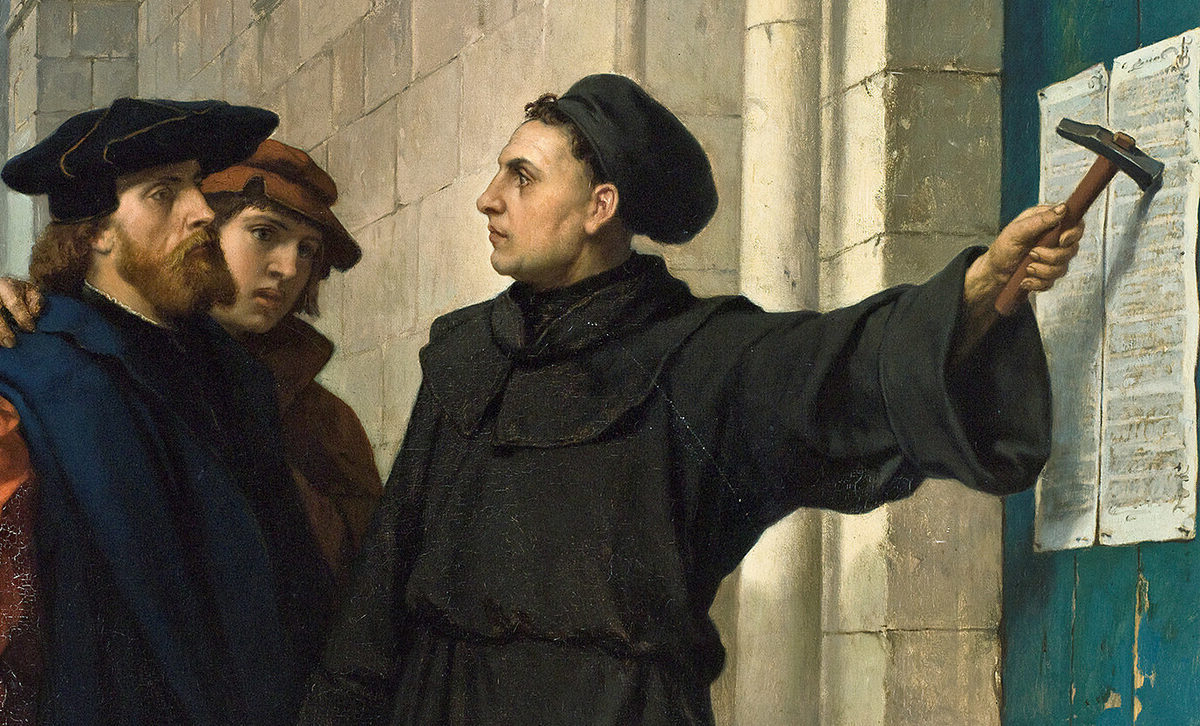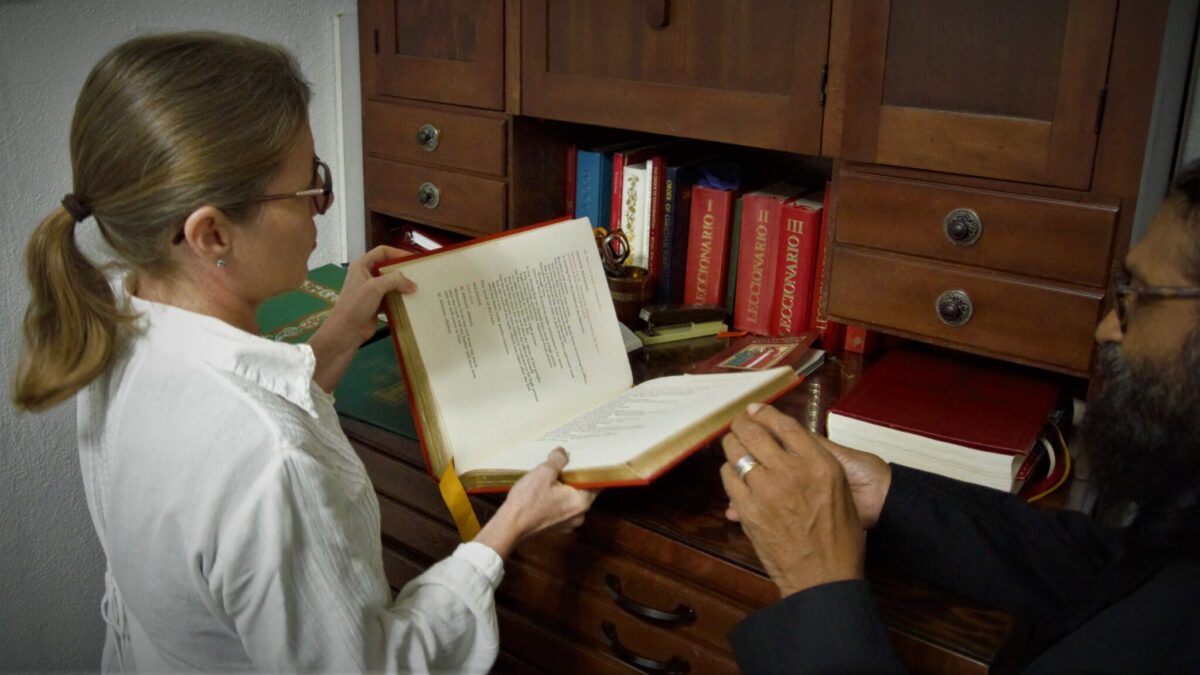
What are indulgences? Indulgences are a practice in the Catholic Church that reduce the amount of punishment one has to undergo for sins. They can be granted by the Pope or other church authorities. Historically, indulgences played a significant role in the Reformation, sparking debates and changes within Christianity. Why are they important? They offer a way for believers to seek forgiveness and spiritual relief. Understanding indulgences helps in grasping the broader context of church history, theology, and the evolution of religious practices. How do they work? By performing specific actions, like prayers or good deeds, believers can earn indulgences, which lessen the time spent in purgatory.
What Are Indulgences?
Indulgences are a fascinating aspect of religious history, particularly within the Catholic Church. They have been a topic of much debate and misunderstanding. Let's dive into some intriguing facts about indulgences.
-
Indulgences are a remission of temporal punishment due to sin. This means they reduce the time a soul spends in purgatory.
-
The concept dates back to the early Church. Early Christians believed in the power of prayer and good works to reduce punishment for sins.
-
Indulgences can be partial or plenary. Partial indulgences remove part of the punishment, while plenary indulgences remove all of it.
-
The practice was formalized in the 11th century. Pope Urban II officially recognized indulgences during the First Crusade.
-
Indulgences were originally granted for acts of charity. Early indulgences were given for helping the poor or building churches.
-
The sale of indulgences became controversial. By the 16th century, the Church was selling indulgences, leading to widespread abuse.
-
Martin Luther opposed the sale of indulgences. His 95 Theses in 1517 criticized this practice, sparking the Protestant Reformation.
-
The Council of Trent reformed indulgences. In the mid-16th century, the Catholic Church clarified and regulated the practice.
-
Indulgences are still part of Catholic teaching. The Church continues to offer indulgences, but they cannot be bought.
-
Modern indulgences require specific actions. These include prayers, pilgrimages, and acts of charity.
Historical Context of Indulgences
Understanding the historical context helps to grasp why indulgences were so significant and controversial.
-
Indulgences were linked to the Crusades. Crusaders were promised indulgences for their participation.
-
They were used to fund church projects. Money from indulgences helped build St. Peter's Basilica in Rome.
-
Indulgences were a response to the Black Death. The Church offered them to console and encourage the faithful during the plague.
-
The printing press spread indulgence information. This technology allowed for the mass production of indulgence certificates.
-
Indulgences played a role in the Spanish Inquisition. They were used to encourage confessions and penance.
-
The Jubilee Year of 1300 popularized indulgences. Pope Boniface VIII declared a year of forgiveness and indulgences.
-
Indulgences were part of medieval penitential practices. They were integrated into the broader system of penance and confession.
-
The Avignon Papacy saw increased indulgence sales. Popes in Avignon used them to raise funds during their exile from Rome.
-
Indulgences were a point of contention at the Council of Constance. The council addressed abuses and sought to reform the practice.
-
The Counter-Reformation reaffirmed indulgences. The Catholic Church defended and clarified their use against Protestant criticism.
Theological Basis of Indulgences
The theology behind indulgences is complex and rooted in Catholic doctrine.
-
Indulgences are based on the concept of the Treasury of Merit. This is a spiritual treasury of the merits of Christ and the saints.
-
They rely on the Communion of Saints. The Church believes that the merits of the saints can benefit others.
-
Indulgences are linked to the sacrament of penance. They are granted to those who have confessed and repented of their sins.
-
They emphasize the importance of good works. Acts of charity, prayer, and devotion are essential for earning indulgences.
-
Indulgences reflect the Church's authority. The Pope and bishops have the power to grant them.
-
They are a means of spiritual growth. Indulgences encourage the faithful to perform acts of piety and charity.
-
Indulgences are not a 'get out of jail free' card. They require sincere repentance and a commitment to avoid sin.
-
They highlight the communal nature of salvation. The Church teaches that the faithful can help each other through prayers and good works.
-
Indulgences are a reminder of the consequences of sin. They underscore the need for penance and conversion.
-
They are a sign of God's mercy. Indulgences reflect the Church's belief in God's willingness to forgive and heal.
Modern Practices and Misconceptions
Today, indulgences are often misunderstood. Let's clear up some common misconceptions and look at how they are practiced now.
-
Indulgences cannot be bought. The Church strictly prohibits the sale of indulgences.
-
They are granted for specific actions. These include reading the Bible, praying the Rosary, and attending Mass.
-
Indulgences are available for the living and the dead. The faithful can earn them for themselves or offer them for souls in purgatory.
-
The Church publishes a list of indulgenced acts. The Enchiridion of Indulgences outlines these actions.
-
Indulgences require a state of grace. The faithful must be free from mortal sin to earn them.
-
They often involve specific prayers. The Our Father, Hail Mary, and Glory Be are commonly associated with indulgences.
-
Indulgences can be earned daily. The Church encourages the faithful to seek them regularly.
-
They are a form of spiritual discipline. Indulgences promote regular prayer, penance, and good works.
-
Indulgences are a way to grow closer to God. They encourage deeper faith and commitment to Christian living.
-
They are a testament to the Church's tradition. Indulgences reflect centuries of Catholic teaching and practice.
Final Thoughts on Indulgences
Indulgences have a rich history that spans centuries, intertwining with religious, cultural, and social aspects of life. They began as a way to reduce penance and evolved into a significant part of the Catholic Church's practices. While often misunderstood, indulgences are not a free pass but a means to encourage spiritual growth and repentance.
Understanding their origins and purpose helps demystify their role in history and modern practice. Whether you're a history buff or someone curious about religious traditions, knowing these facts can offer a deeper appreciation for the complexities of faith and forgiveness.
Remember, indulgences are about more than just reducing time in purgatory; they're about fostering a sincere commitment to personal and spiritual improvement. So next time you hear about indulgences, you'll have a well-rounded perspective on their true significance.
Was this page helpful?
Our commitment to delivering trustworthy and engaging content is at the heart of what we do. Each fact on our site is contributed by real users like you, bringing a wealth of diverse insights and information. To ensure the highest standards of accuracy and reliability, our dedicated editors meticulously review each submission. This process guarantees that the facts we share are not only fascinating but also credible. Trust in our commitment to quality and authenticity as you explore and learn with us.


